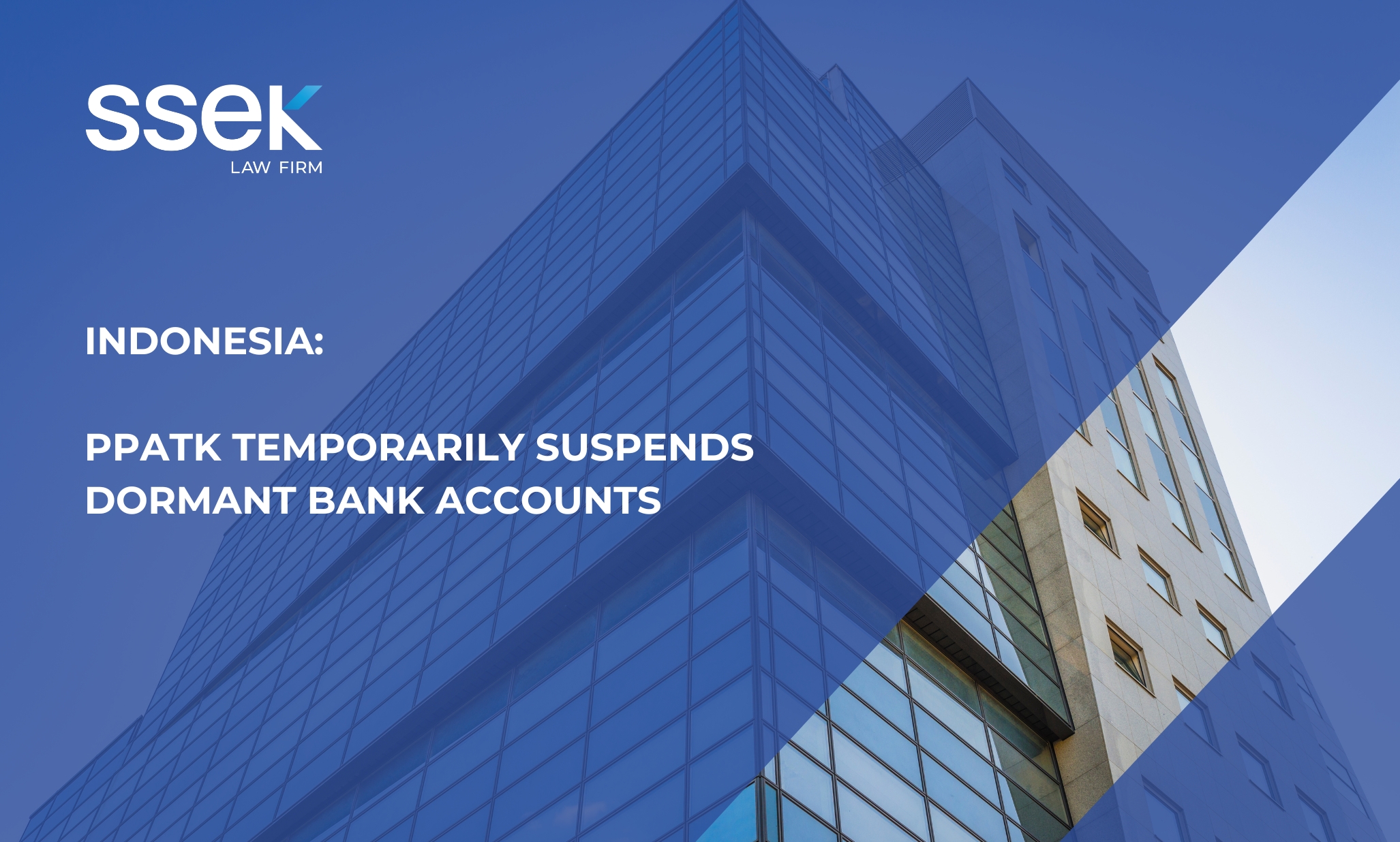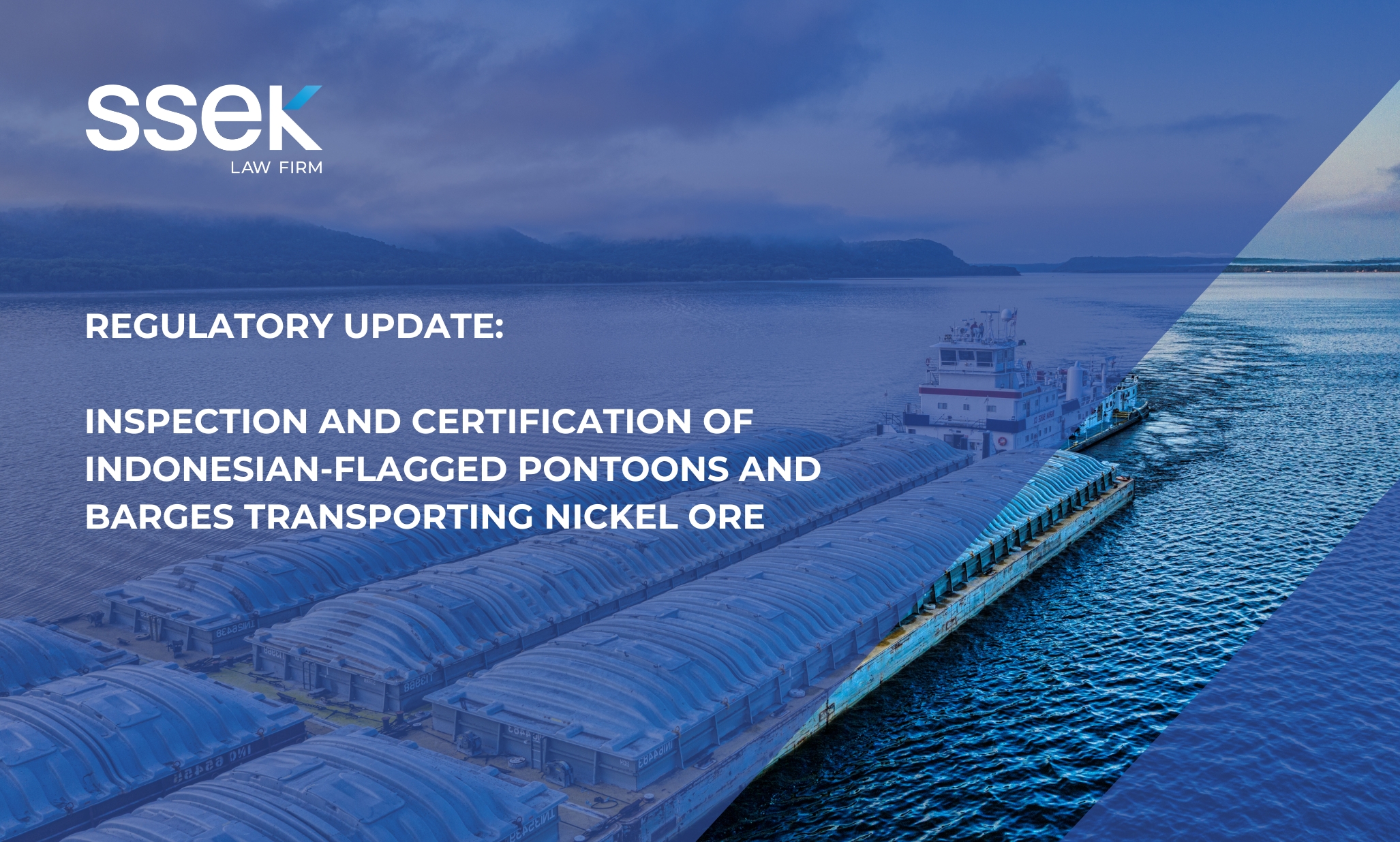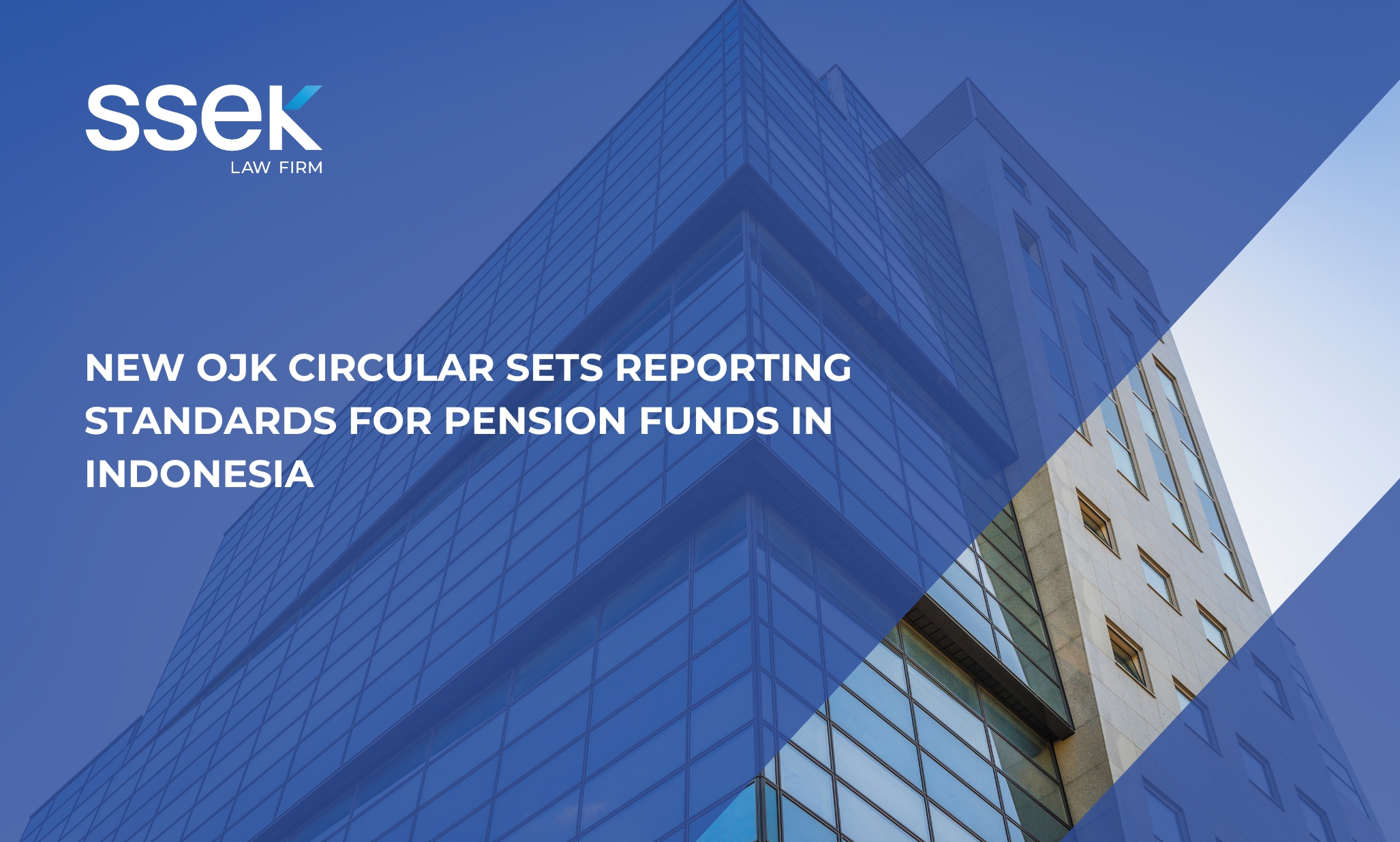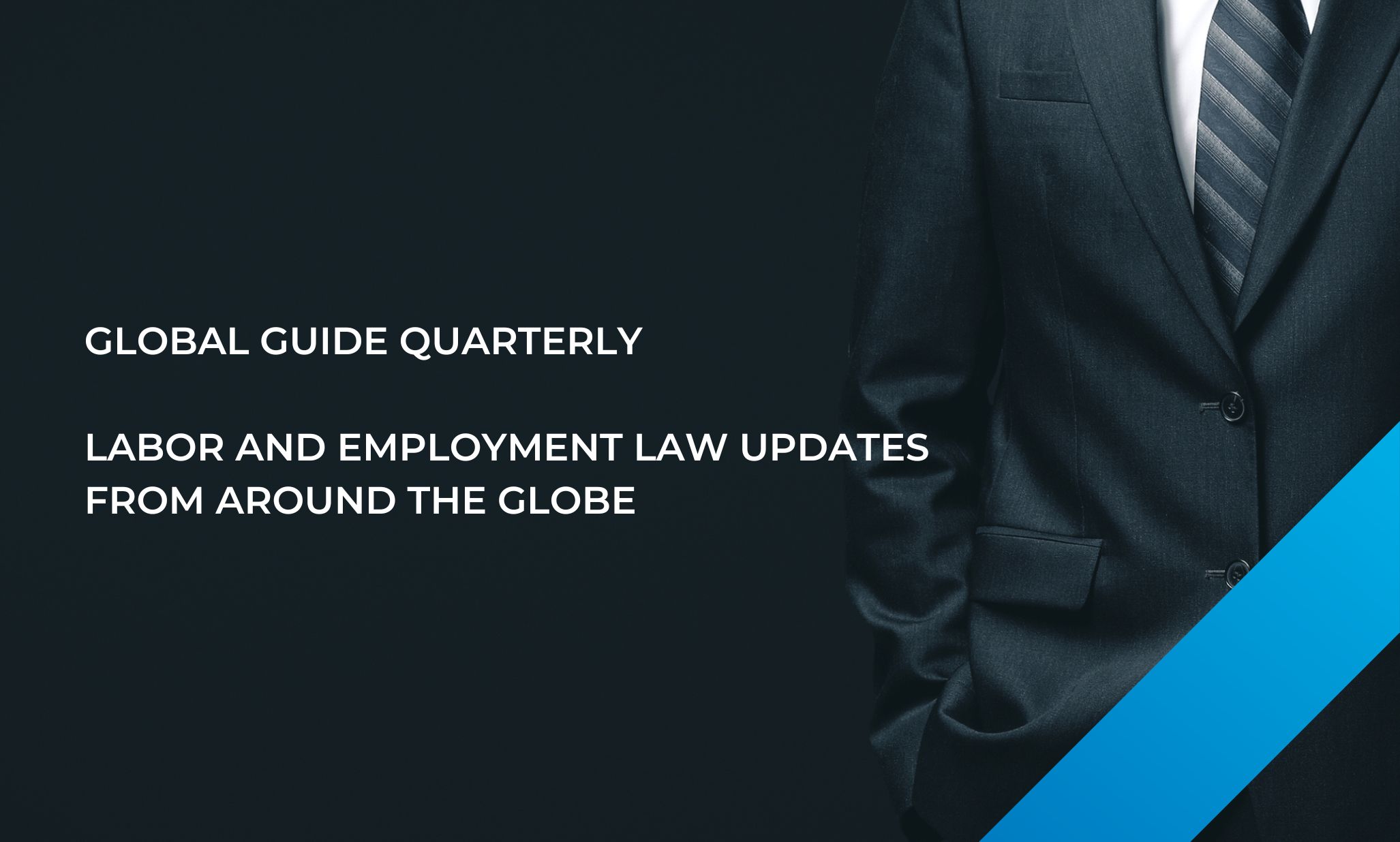


Indonesia’s legal system is primarily rooted in the civil law tradition, with significant influence from Dutch colonial law. It features an extensive and codified set of statutes, which serve as the primary source of legal authority, in line with principles common to civil law jurisdictions. The judicial process follows an inquisitorial model.
Legal proceedings in Indonesia are mostly document and formal evidentiary based. Cases typically require comprehensive written documentation, including the statement of claim, statement of defence, documentary evidence, and written conclusions.
Against this important backdrop, we advise clients on how best to prepare when facing disputes in Indonesia.
Preparing for Litigation in the Indonesian Legal System
It is important first to note that Indonesian law requires documents to be executed in the Indonesian language. There have been cases where Indonesian courts have annulled agreements because they were not signed in the Indonesian language. Given the mandatory local language requirement, it is imperative that any written agreement or document be signed in the Indonesian language, in addition to any foreign language version. Where a foreign party is involved, the parties to the agreement may designate the foreign language version as the prevailing text.
Any documents not in Indonesian require translation by a sworn translator prior to submission to the court.
In civil cases, documentary evidence often suffices to substantiate the facts of the case. These documents, once submitted as evidence, must be presented at trial in their original form, allowing the opposing party to examine, but not to retain, copies. It is therefore critical for parties to retain the original hard copies of documents in their possession for use in any potential litigation.
Electronic evidence is recognized as a matter of law. However, its acceptance in practice may vary between courts. In some cases, a court may reject electronic evidence if it determines that the evidence cannot be authenticated.
Arbitration and Court Procedures: Practical Considerations
In terms of market practice, our experience suggests that Indonesian entities, including state-owned enterprises, still prefer the use of local arbitration for commercial contracts, mostly under institutional rules such as those issued by the Indonesian National Arbitration Board (BANI). Nonetheless, there is growing familiarity with, and therefore greater openness to, the use of international arbitration rules, particularly those of the Singapore International Arbitration Centre (SIAC) and the International Chamber of Commerce (ICC).
International arbitration is typically the preference of multinational clients. At any rate, arbitration continues to be the preference for resolving disputes under commercial contracts. Confidentiality is a typical feature of arbitration, which many clients view as a strategic benefit.
In relation to the governing law of contracts, esoteric rules suggest that there should be sufficient contact between the choice of law (nexus) and the contract and the parties to the contract. Parties may face difficulties if they ask the courts to interpret and enforce foreign law-governed contracts.
The duration required for a district court to conclude its examination of a case can vary widely, influenced by factors including the case’s complexity, the number of parties involved, and potential delaying tactics by counterparties, particularly foreign ones.
Although courts generally schedule hearings in dispute cases promptly, procedural delays are inevitable. To address this, the Supreme Court issued Circular Letter No. 2 of 2014 regarding Completion of Cases in the Court of First Instance and Court of Appeal at Four Judicial Institutions. The Circular Letter directs district courts to conclude cases within five months and mandates the high courts to resolve appeals within three months. District court judges can request extensions to these deadlines, which must be approved by the chief of the relevant district court. It is common for cases, especially those involving technical and expert evidence or foreign parties, to extend beyond the stipulated timeframe and often last a year or more.
In cases involving foreign defendants or co-defendants, just serving the summons can take at least four months before the court may proceed in their absence. Some judicial panels choose to issue up to three summonses before moving forward with hearings.
At the appellate levels, the timeframe for the high court and the Supreme Court to review appeals and cassations, respectively, varies based on the existing case backlog. Typically, it may take at least six months for the high court to render a decision, with the Supreme Court potentially taking an additional 12 months.
Simple claims involving disputes of less than IDR500 million are handled through an expedited procedure that must be concluded within 25 days of the date of the first hearing.
Enforcing Court Decisions and Arbitration Awards in Indonesia
There is a separate process for enforcing court decisions or arbitration awards (eksekusi). Once the winning party prevails in a legal proceeding, that party should file an application to enforce the decision or the award with the relevant district court. There are several stages in this process, starting from the obtainment of an order for a judicial warning (aanmaning). The final step of the process is to auction any assets that have been seized. The seizure of assets can be a challenging process. In any case, it is important for clients to pursue an asset tracing exercise before pursuing any legal action.
Like any jurisdiction, Indonesia has its own distinct legal processes. Clients are strongly advised to consult with Indonesian legal counsel to be guided through the process and avoid pitfalls that could prove to be fatal.
This publication is intended for informational purposes only and does not constitute legal advice. Any reliance on the material contained herein is at the user’s own risk. All SSEK publications are copyrighted and may not be reproduced without the express written consent of SSEK.









